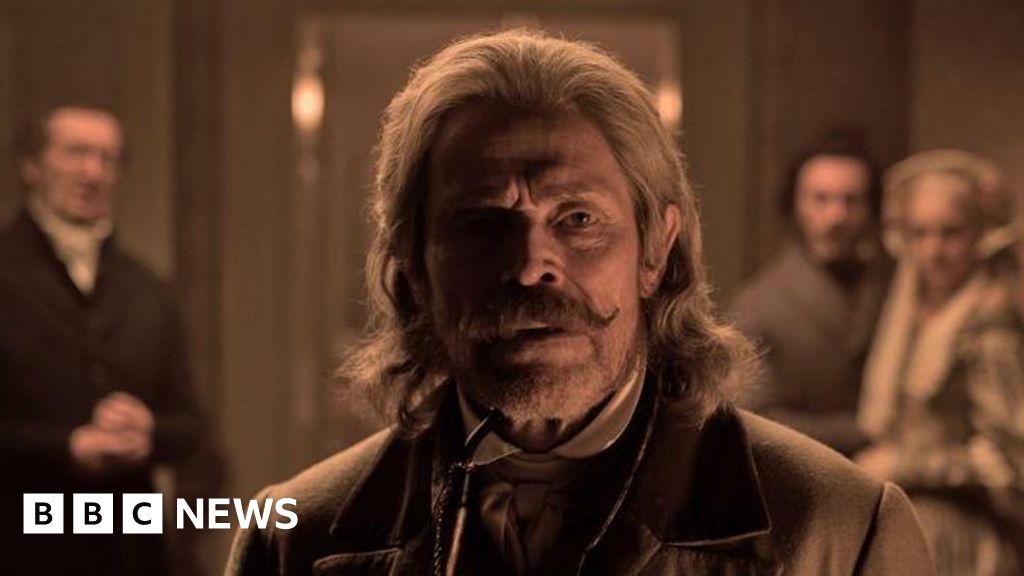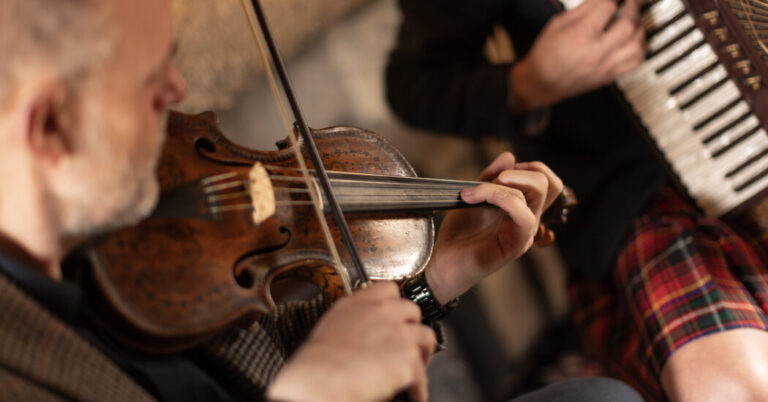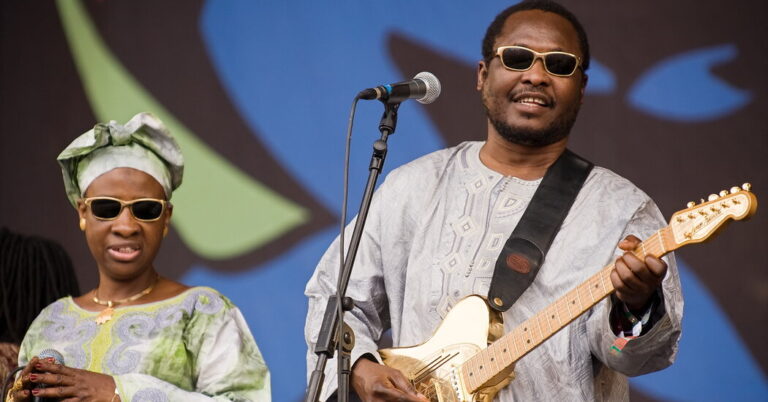Here is the plain text result:
When I meet Willem Dafoe on Zoom to discuss his latest movie Nosferatu, we get on to mortality fast. The four-time Oscar-nominated actor is talking to me for Radio 4’s Today programme about Robert Eggers’ remake of the 1922 silent film of the same name, which was an unauthorised adaptation of Bram Stoker’s Dracula.
Nosferatu is the tale of a terrifying vampire who is infatuated with a haunted young woman called Ellen, played by Lily-Rose Depp. The story that unfolds involves a lot of death. Where creatures that feed on human blood are concerned, that’s pretty standard. But Dafoe, who plays a vampire-hunting professor of the occult in the film, tells me in real life too “we’re all somewhere considering death all the time”.
For him, that’s one explanation for the popularity of vampire stories. Dafoe rationalises the enduring appeal of the subgenre like this: “It’s a very interesting proposition to have the undead visit the living, and it becomes something of a meditation of the dark side of things versus the light”.
Even if we don’t know it, he muses, all of us are always addressing this type of conflict in some form. An interview with Dafoe is never dull; he’s a thoughtful and intelligent actor, who, for the best part of 50 years, has combined big Hollywood successes (Spiderman movies, John Wick, Born on the Fourth of July) with the arthouse films he relishes.
Don’t expect well-trodden vampire movie fare in this Nosferatu. Count Orlok doesn’t have the symmetrical fanged teeth we’re used to. This vampire isn’t a suave seducer in a high-collared black cloak. Dafoe says Eggers wanted to get back to “a time when people actually believed in vampires”. To do this, “he went for a much more folk-based vampire”.
The film is packed with talent popular with Gen Z (Lily-Rose Depp, Nicholas Hoult, Emma Corrin). The cast – and the status of the 1922 original in the film firmament – means Eggers’ movie had achieved a cult-like following even before its release.
Source link




